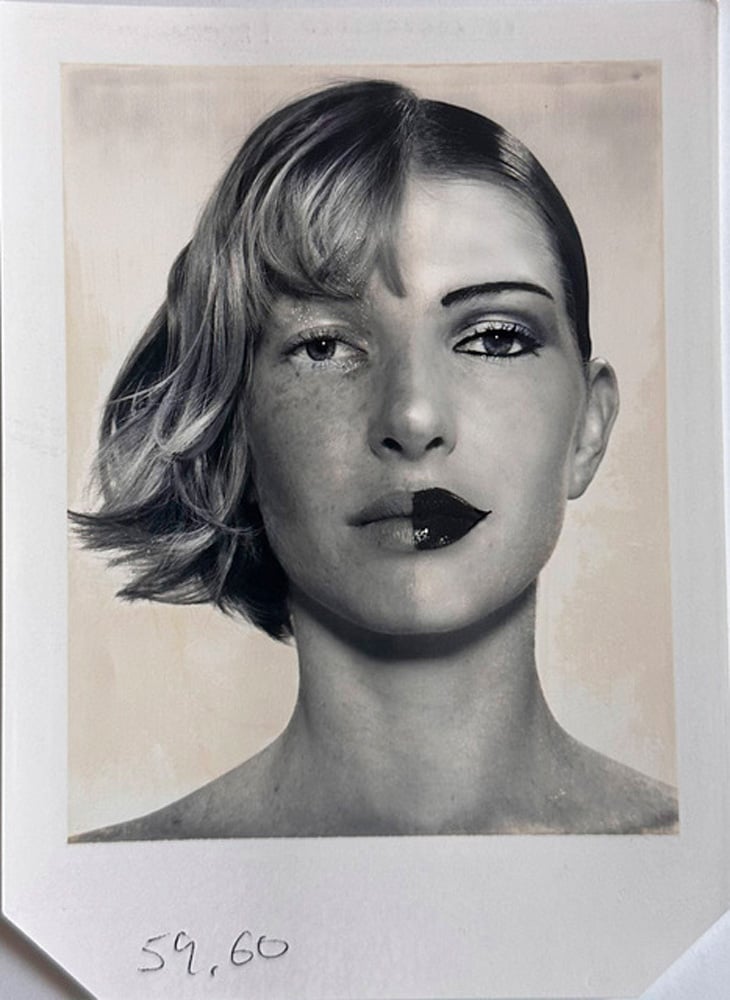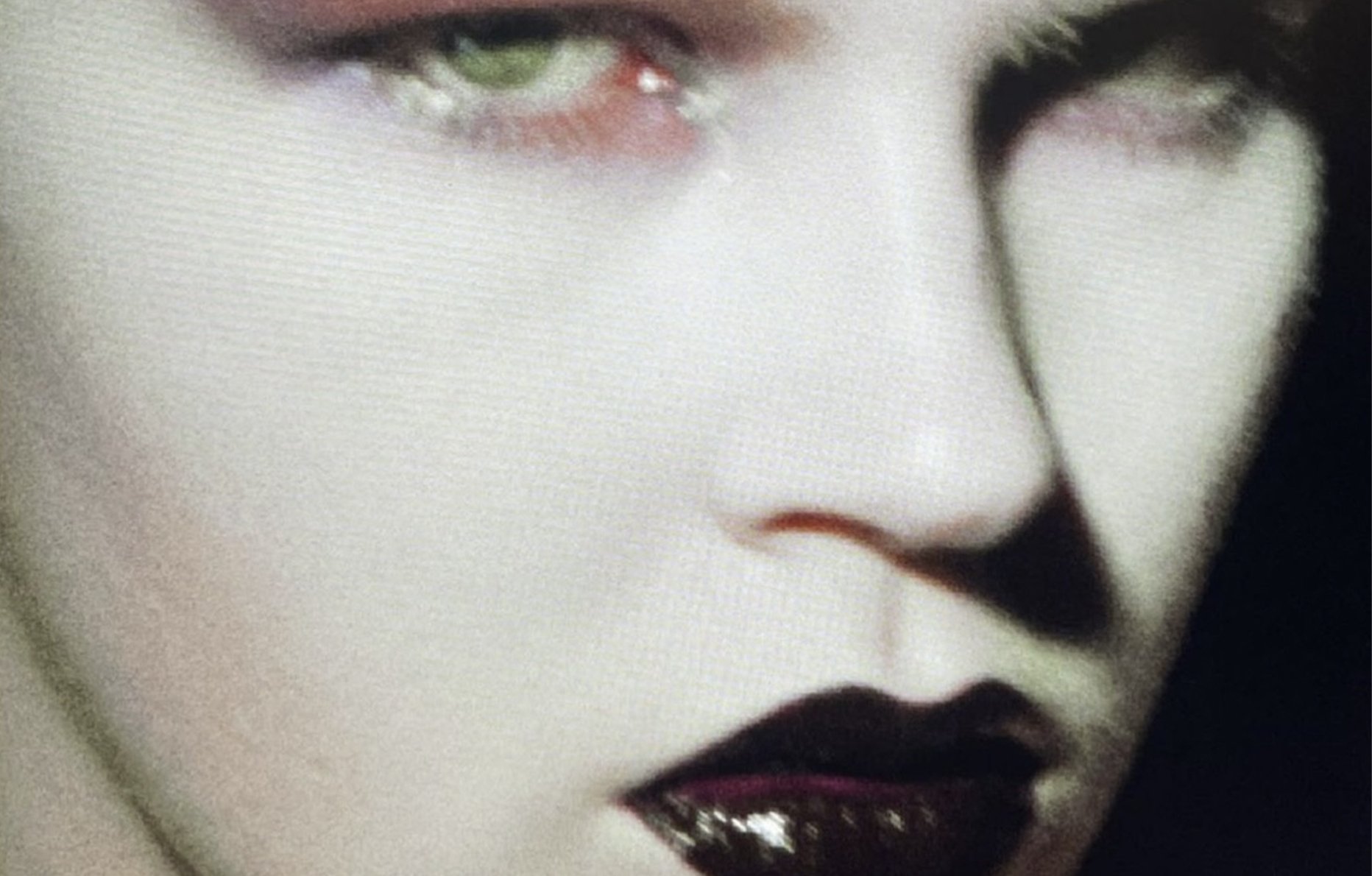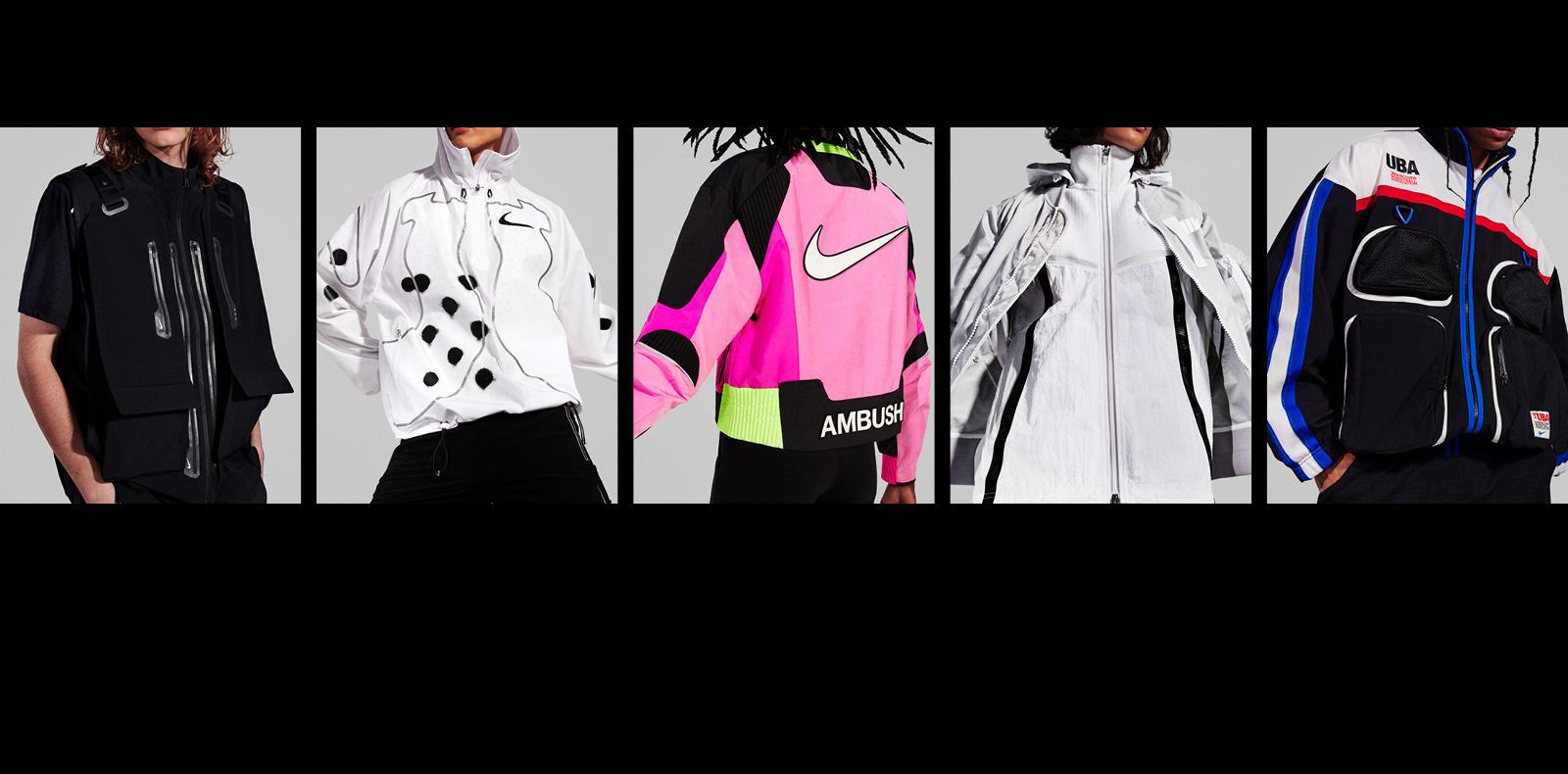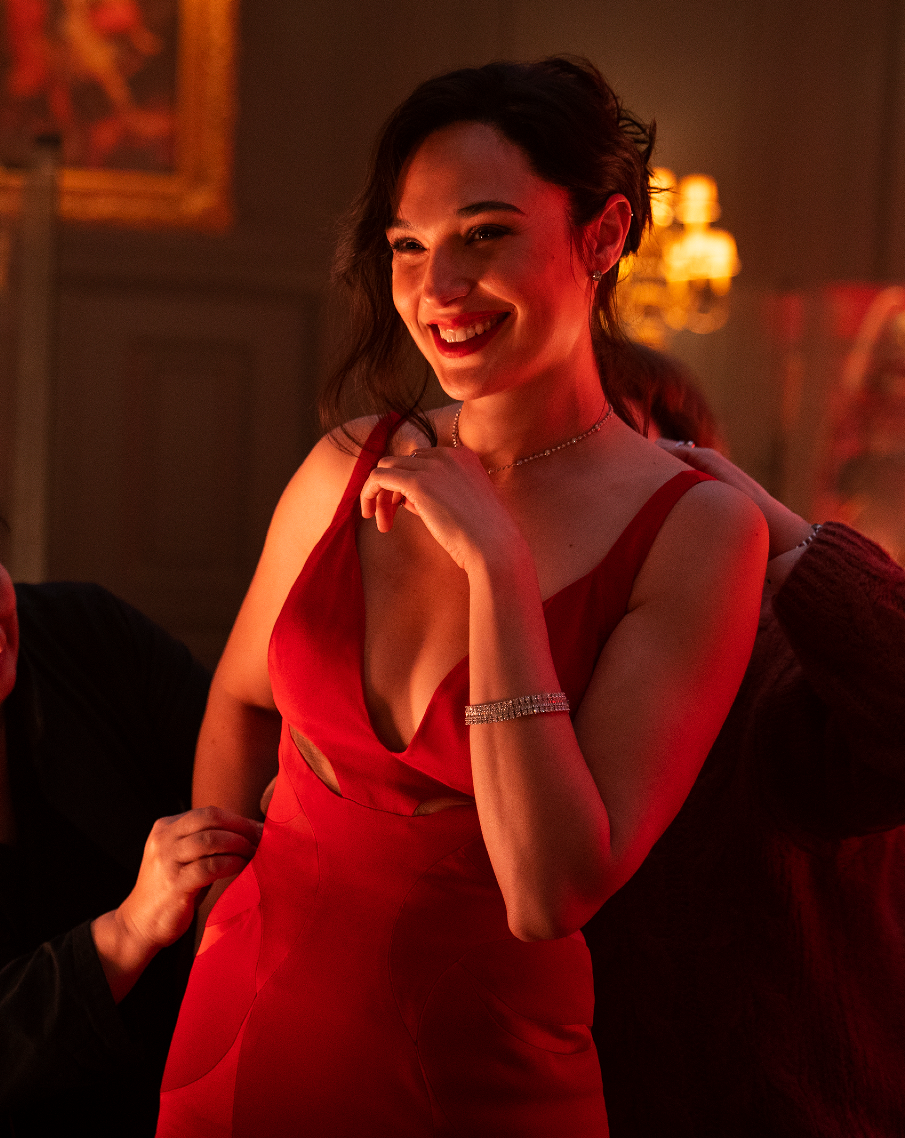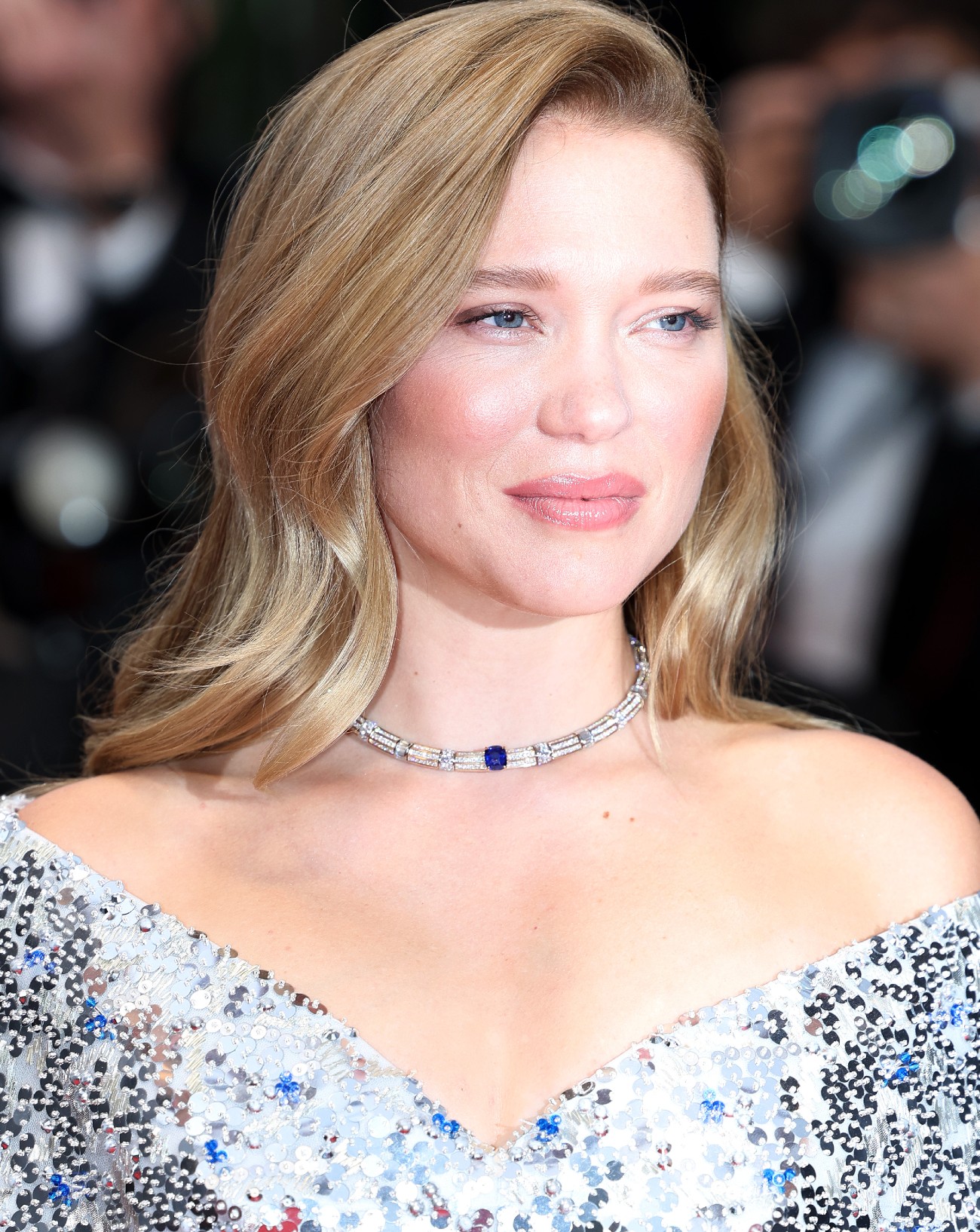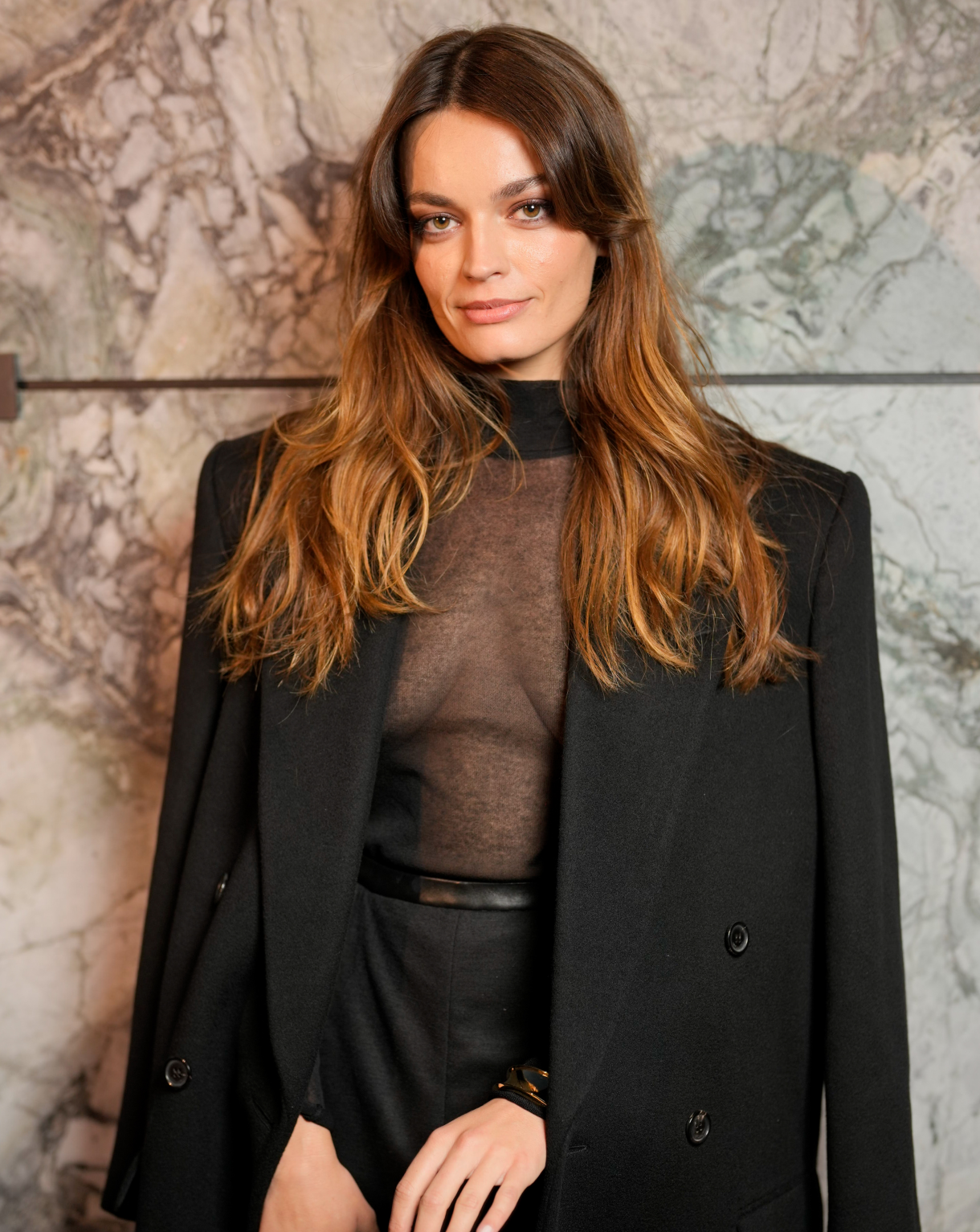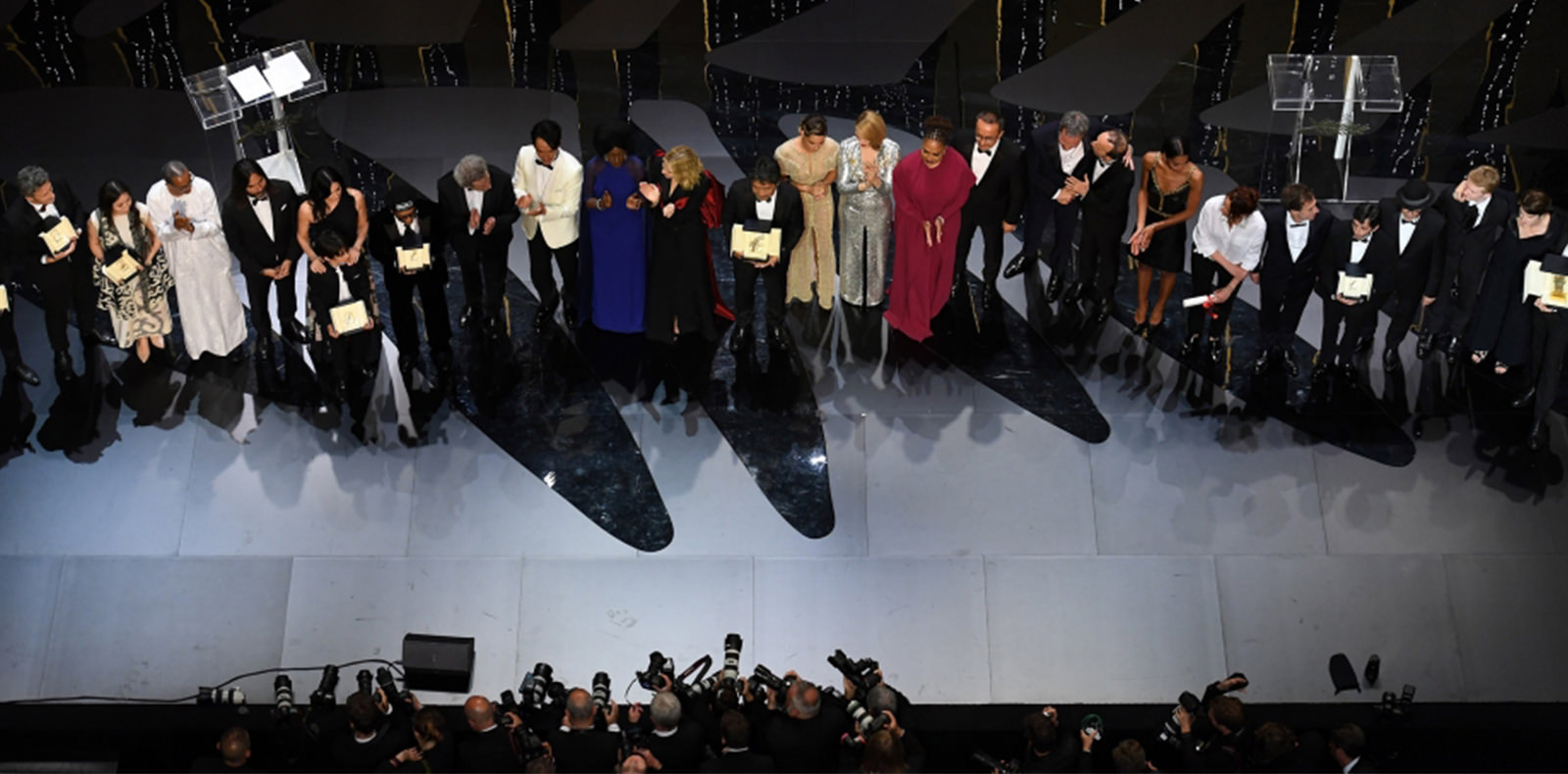
6

6
#metoo, Godard and the Palme d’or… What did we think about the 2018 Cannes Film Festival?
Following the ceremony which crowned Kirokazu Kore-Eda’s Shoplifters, here’s our analysis of the major trends at a most effervescent event marked this year by feminist remonstrations, a real emergence of queer films and the reflections made by cinema on itself…
Par Olivier Joyard.
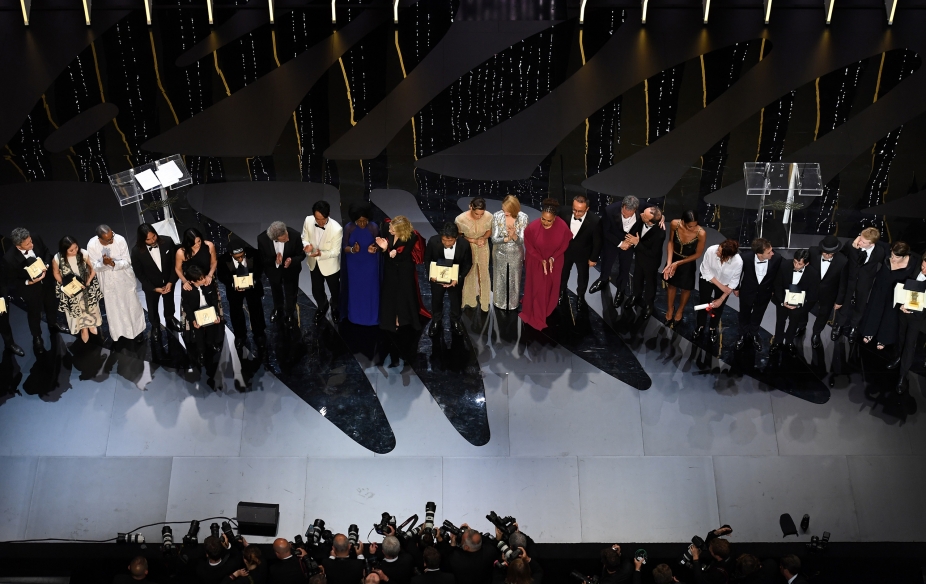
Cannes Film Festival is a one of a kind event, partly because of the collisions it provokes, the least interesting of which takes place between the ultra-shiny red carpet displays and the human misery on the screens. Others, more electrifying, are played out among films, seen by the dozen in just a few incredible days where any notion of wakefulness and sleep disappears altogether. With every year the Festival becomes more and more like a sanctuary, an improbable island where cinema takes centre stage. On the Croisette, cinema is deemed essential, and perhaps because it still is, for all it knows about welcoming the most moving imaginary worlds.
Spike Lee was given a Grand Prix, which he dedicated to the “people of the republic of Brooklyn” for his movie BlacKkKlansman.
The winners at the 2018 Festival didn’t necessarily reflect this state of affairs, even though the Palme d’or being awarded to Shoplifters by the Japanese director Hirokazu Kore-Eda didn’t upset anyone. It’s a delicate film about the relationship between a father and his son who shoplift from supermarkets to survive. The author of Nobody Knows, a long-time darling of the Festival, boasts a career full of accolades and his work on family life has long avoided the traps of overarching auteur cinema, provoking no revolutions. Through this gesture, Cate Blanchett’s jury chose to give the supreme prize to a notion of cinema that’s much less ostentatious than expected: Lebanese director Nadine Labaki, whose social and lacrimal Capharnaüm about a street kid who makes a complaint against his parents “giving him life”, went home with the Prix de Jury, and a touch of disappointment.
Spike Lee was given a Grand Prix, which he dedicated to the “people of the republic of Brooklyn” for his movie BlacKkKlansman, a ferociously political comedy about the infiltration of a black police officers into the KKK in the 1970s. The result is a blatant anti-Trump charge against a backdrop of Black Lives Matter, and which marked a triumphant return to form for the 60-something director of Do The Right Thing, who’s been spotted more frequently at NBA games than on a film set over the last ten years. We’re all looking forward to his next offering…
But we were sad to see that the few genuinely daring films that made the formal selection – apart from Alice Rohrwacher’s Happy As Lazzaro, a lovely directorial exercise awarded the Prix du scénario [Best Script] – were largely forgotten: Ryosuke Hamaguchi’s Asako 1 & 2, and Kirill Sebrennikov’s Leto, in particular. Jean-Luc Godard was awarded a symbolic “Special Palme”, for his explosive Livre d’Image, which should really have been given a proper prize and not a disguised homage to his career. In the internet era, Godard the hermit, age 88, made the most connected film of the Festival. As well as the beauty he gave us on-screen in the splendid Grand Théâtre Lumière, his press conference conducted via Facetime from Switzerland, also made an impression.
Women’s Cannes
Cannes 2018 will always be remembered as the first post-Weinstein event, a reality recalled by the astounding Asia Argento during the closing ceremony. In a raging speech, the contents of which had not been divulged to the organisers beforehand, the Italian actress and director reminded everyone that she had been raped in Cannes by the American producer in 1997, pointing out that the Festival had been his “hunting ground”, before warning that any predators present in the room would no longer be able to commit their crimes in peace. Whilst Hollywood chose not to show itself too much this year, including Netflix and Amazon – only Han Solo, the latest episode in the Star Wars saga screened Out of Competition to a politely smiling audience – the feminist movement from across the pond certainly dominated most conversations.
The post-#MeToo event of the Festival was a moving climbing of the steps where 82 women symbolically embodied the number of female directors selected since the start of the Festival, as opposed to more than a thousand men… Agnès Varda reminded an audience moved to tears that she has received an honorary Palme, and that Jane Campion, the only female winner of a “real” Palme d’or for The Piano (1992) had to share her prize with Chen Kaige, director of the very forgettable Farewell My Concubine.
Queer Cannes
Cannes 2018 was queer, perhaps more than ever, with some 15 films peopled with members of the LGBTQ community and presented in various sections (Competition, Un Certain Regard, International Critics’ Week, in particular) where every gender shift was allowed. We saw in Diamantino by Gabriel Abrantes and Daniel Schmidt (International Critics’ Week) a superstar footballer become someone else when women’s breasts land on his perfectly honed chest. The lesbian romance in Rafiki by Wanuri Kahiu (Un Certain Regard), an explosion of pop colours and delicate post-adolescent emotions, opened the queer Cannes proceedings. Without reaching great heights, the film is most worthy for the way it creates a fictional oasis for its heroines suffering discrimination, which is never a small deal in the real world. Sadly, Rafiki has been banned in Kenya and the filmmaker admitted fearing arrest on her return home.
Sauvage, the blistering first full-length feature by Camille Vidal-Naquet (International Critics’ Week) will not, thankfully, receive the same tragic opposition in France. Its breath warms the back of our necks once more. The film deals with a few months in the life of a male prostitute (played by Félix Martineau, star of 120 BPM) who, compared to his colleagues, is on a detonating quest. Léo hopes, with every contact, paid or otherwise, to find love and consolation. He oscillates between pain and powerful pleasure. Built in circles around the occasionally sordid events of its main character, Sauvage follows a stubborn hero putting his desirous body at the centre of everything, escaping a naturalism to invent a plan where Sade and Pasolini hold him by the groin.
When queer imagination crashes into the big screen, the body becomes an emblem where representations crack. Cinema reclaims its chemical role of revelation. This issue has been addressed both symbolically and frontally with one of the most beautiful films shown at Cannes, in all the sections. Girl, by 27-year old Belgian director Lukas Dhont (Un Certain Regard) won the Caméra d’or – the best since Party Girl of 2014 – and rightly so. The young Lara (Victor Polster), assigned male gender at birth, is striving to fulfill a promising career as a ballerina in parallel to a transgender adolescence in short skirts and long blond hair. Supported by her father, she starts hormonal treatment to favour female puberty. Alternating between scenes of dance and daily life – which are simultaneously graceful and painful – Girlfocuses on the striking mission of giving this blossoming young woman the space to breath during her transition.






